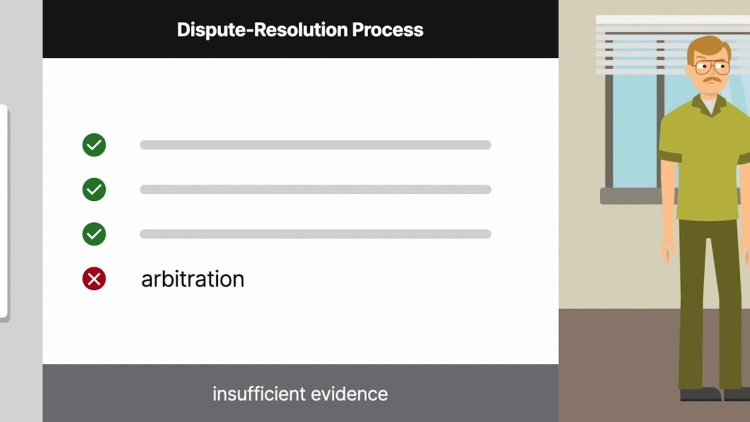Vaca v. Sipes
United States Supreme Court
386 U.S. 171 (1967)
- Written by Tammy Boggs, JD
Facts
Benjamin Owens (plaintiff) worked in the meat-packing plant of Swift & Company (Swift). Owens belonged to a workers’ union (the union) (defendant), which maintained a collective-bargaining agreement with Swift. Owens suffered from high blood pressure, was hospitalized, and went on sick leave for months. Eventually, Owens’s doctor certified him as fit to resume heavy work at Swift, but Swift’s doctor did not agree based on finding that Owens’s blood pressure was still too high. Owens obtained a second medical opinion of his fitness, but the Swift doctor still would not authorize his return to work. Swift permanently discharged Owens on the ground of poor health. Owens filed a grievance with the union, which the union processed through the fourth step of the grievance procedure. Swift’s position was that Owens was justifiably discharged on medical grounds. The union sent Owens to a new, outside medical doctor to gather evidence for arbitration, but on receiving the results of the medical examination, the union’s executive board voted not to arbitrate. Instead, the union encouraged Swift to find lighter work for Owens and encouraged Owens to accept Swift’s offer to go to a rehabilitation center. At that point, Owens filed a class-action suit against the union in state court, alleging that the union had violated its duty of fair representation by deciding not to take his grievance to arbitration. Most of Owens’s evidence at trial focused on his medical fitness at the time of discharge, and the jury returned a verdict for him. The trial court set aside the verdict, and the court of appeals affirmed. The Missouri Supreme Court reinstated the jury verdict. The matter was reviewed by the United States Supreme Court.
Rule of Law
Issue
Holding and Reasoning (White, J.)
What to do next…
Here's why 907,000 law students have relied on our case briefs:
- Written by law professors and practitioners, not other law students. 47,100 briefs, keyed to 996 casebooks. Top-notch customer support.
- The right amount of information, includes the facts, issues, rule of law, holding and reasoning, and any concurrences and dissents.
- Access in your classes, works on your mobile and tablet. Massive library of related video lessons and high quality multiple-choice questions.
- Easy to use, uniform format for every case brief. Written in plain English, not in legalese. Our briefs summarize and simplify; they don’t just repeat the court’s language.





